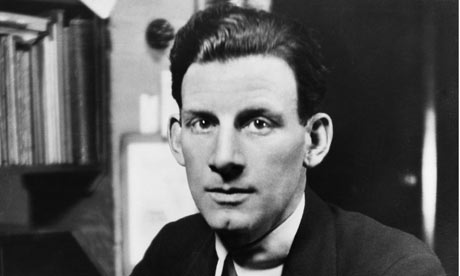Author: Lynn Cullen
Goodreads Rating: ★★★☆☆ (3.6)
My Rating: ★★★★☆ (4.5)
As
recommended by a friend, I took a trip to the bookstore recently and picked up
a copy of the beautiful Mrs. Poe by
Lynn Cullen. I was warned that it was a difficult book to get into, yet the
drama of the plot would build and soon captivate me. As a voracious reader who
has plowed through dozens of titles with a similar “structure”, a slow
beginning would not cause my interest to wane; the riveting plot and hope of a
thrilling ending led to my purchase of the book, in spite of the warnings I had
received. Let me begin by saying this: my lack of hesitation served me well as
this was a fantastic read.
Set
throughout the 1840s, the main focus of Mrs.
Poe is Frances Osgood, a female poet, who is struggling to make it as a
writer in New York as her husband has left her and her children. She soon meets
Edgar Allan Poe, and the two form a bond in spite of their marriages. Soon, the
two begin their affair, but as Frances learns Mrs. Poe is sick, she begins
visiting her and she soon realizes that she must decide whether to remain with
Mr. Poe or to leave all together. As stated on Simon and Shuster’s site, Mrs. Poe “is based on the historical
fact that Poe and Frances Sargent Osgood published a very public exchange of
love poems in 1845.”
After reading
the synopsis and various reviews of the book, I must say that I had high
expectations. Seeing that it was loosely based on an event in literary history
made the story all the more passionate; I couldn’t wait to dive in and feel the
emotions between Mrs. Osgood and Mr. Poe. I am, and always will be, one for a
great love story, so this story was just itching to be released into my mind.
As I began reading, I could sense how the story could be considered dull. I
felt that there was an overall lack of action and event. Let me just say,
however, if this is something that discourages you as a reader, this atmosphere
does not last long. The tension between the two main characters arises fairly
quickly and livens up the plot. Another area of the story which I found to be
quite intriguing was the integration of the various historical contemporaries.
Throughout the novel, you will find reference to many well-known authors, poets,
journalists and reporters, and more. History may not be my strongest subject, yet
I do find fascination in learning about those who shaped our past. To find
reference to these people within Cullen’s work was a pleasant surprise as their
connection to Poe gave me new perspective.
Although this
book was beautifully written, I felt I could not give it a full five stars. The
eloquence of Cullen’s style heightened the drama and made the work great as a
whole, however, I did find myself pushing through at some points. When you’re
so enthralled with this mesmeric plot, it can be quite disappointing when you
find yourself in a patch where the action has died down. In its entirety,
though, Mrs. Poe is a wonderfully
written novel, and is one I would likely recommend to those who enjoy a
thrilling romance…with a bit of a history lesson.
- 12:06 AM
- 0 Comments




